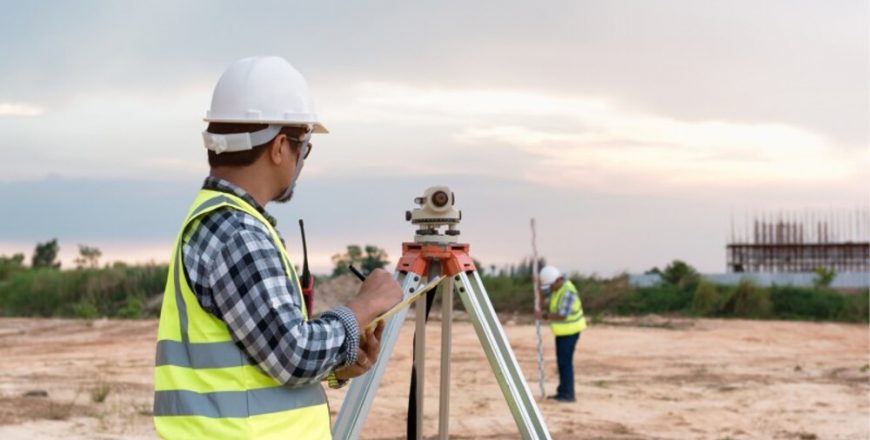
On a chartered surveyor apprenticeship course, you’ll provide advice and give recommendations to clients on land, property or construction.
You will provide professional advice on land, property, construction, or infrastructure issues such as design, construction, procurement, valuation, and management as a chartered surveyor.
To maximise the potential of the world’s physical and natural assets, chartered surveyors analyse, evaluate, manage, and protect them. They are engaged in all land, property, construction, and infrastructure transactions. They are in charge of whole projects and the lifetime of structures, from planning, design, and construction through occupancy, sustainable usage, demolition, and redevelopment.
Chartered surveyors work on everything from city skyscrapers to sports stadiums, forests to festival grounds, shopping malls, to our homes.
You’ll need a mix of high-level technical and commercial skills, community knowledge, a love of the built and natural worlds, and the ability to bring these diverse qualities together.
What you’ll learn
On a chartered surveyor apprenticeship course, you’ll learn to:
- Provide survey-related data, information, and suggestions to customers.
- Make suggestions on how to ensure safe and secure working environments.
- Advise on building techniques and supplies.
- Negotiate and agree on property acquisition/disposal terms, standard forms of construction contracts, or other property-related contracts, as well as interact with legal advisers.
- Manage instructions from beginning to end.
- Conduct building inspections and surveys and provide customers with advice and recommendations.
- Carry out building project design and specification from original ideas through completing the design and specification procedure.
- Implement administrative procedures to guarantee that a construction project runs well. Issue instructions, manage payment provisions, variation procedures, completion and possession issues, and certificate issuing.
- Provide advice and recommendations on appropriate procurement strategies and oversee the required bidding processes.
- Complete detailed quantification, pricing, and cost planning for complex building projects.
- Manage the construction phase of a construction project. Carry out processes for life cycle costing and value engineering. Data, reports, and forecasts must be prepared.
- Negotiate solutions to land and property issues that affect both owners and tenants, including at least two of management, sales, lettings, acquisition, and/or planning.
- Conduct land and property inspections and give findings and suggestions as needed. Using appropriate equipment, take precise measurements of land and property. To perform measurements, adhere to the applicable standards and use the appropriate foundation. Measurements must be produced and presented suitably.
Entry requirements
You’ll usually need:
- Three A-levels or equivalent; or a level 3 apprenticeship in a construction- or property-related discipline for a degree apprenticeship.
- Apprentices without level 2 English and maths will need to achieve this before taking the end-point assessment.
Assessment methods
The End Point Assessment comprises three distinct assessment methods:
- Online test
- Case Study including report, presentation and questioning
- Interview
Duration, level, subjects and potential salary upon completion
- Duration: 60 months
-
Level: 6 – Degree Apprenticeship
- Relevant school subjects: Maths, science and DT
- Potential salary upon completion: £38,000 per annum
Apprenticeship standard
More information about the Level 6 Chartered Surveyor Apprenticeship p standard can be found here.
Apprenticeship end point assessment
For more information about the End Point Assessment Process, please read the Institute of Apprenticeships’ information page.
